The Last Melody: Remembering PFC. Richard LaRock
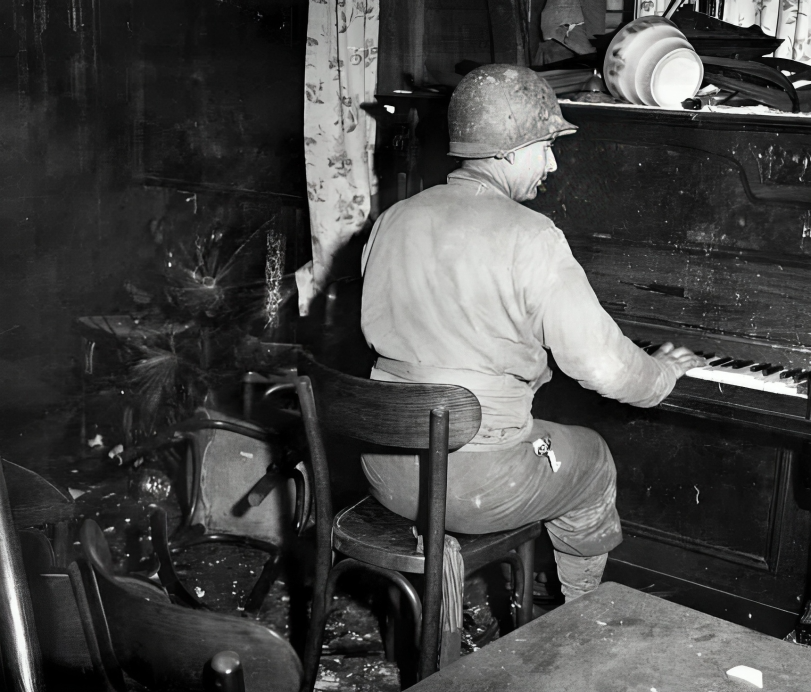
On October 8, 1944, in a rare pause between battles, an American soldier sat at a weathered piano in an abandoned beer hall in Übach, Germany. The room bore the scars of war—walls chipped by shrapnel, windows long shattered—but the piano still played. And so, Private First Class Richard LaRock of Helena let his fingers play a soft and gentle melody. For a brief moment, there was music instead of gunfire, calm instead of chaos, and life instead of death. His worn hands and aching fingers, accustomed to wielding a rifle, brought light to the dark. Little did he know that just two days later, his life would be stolen by a cruel and unforgiving war.
Born on July 15, 1913, in Helena, Montana, Richard LaRock was the eldest of eight children raised by Samuel and Olivia LaRock. He grew up in a household filled with laughter, love, and strong values. In 1936, he married Violet June Albright, and together they had three children—two sons, Larry and Richard, and a daughter, Marlene. Richard worked at Hustad Brothers in Helena, contributing to the growth and infrastructure of his hometown. A man known for his quiet strength and steady presence, Richard was the kind of father whose hands worked hard during the day and still found time to hold his children close at night.
As the war raged across the globe, and freedom stood in peril, Richard answered his country’s call. He joined the U.S. Army on February 7, 1944, said goodbye to his precious family, and trained at Camp Croft in South Carolina, where civilians were transformed into soldiers. By July, he was already overseas, assigned to Company E, 119th Infantry Regiment, 30th Infantry Division—a unit known as the "Old Hickory" division. They endured the brutal and deadly campaign through Normandy and the liberation of France, and by October, they were fighting their way toward Aachen, one of Germany’s most fortified cities.
Richard and his brothers-in-arms were tasked with breaching the West Wall—the imposing and heavily fortified Siegfried Line that stood as the last barrier against advancing Allied forces along the Dutch-German border. Day after day, Richard witnessed the horrors of war—the loss of comrades, relentless shelling, and devastation everywhere. But on October 8, just north of Aachen in Übach, a military photographer captured a rare image of Richard at the piano—playing not for an audience, but for a moment of peace and humanity in the midst of war. Two days later, on October 10, during fierce combat near Aachen, Richard was killed in action. Just like that, the melody stopped, and all that could be heard was the gunfire. This beloved husband and loving father was just 31 years old, with so much life ahead and so much to give.
At the time of Richard’s death, his brother Frederick was training to become a paratrooper at Camp Mackall, North Carolina, while another brother, Louis, served as a Seaman 2nd Class at the Farragut Naval Training Station in Idaho. Though separated by different paths in the military, the LaRock brothers shared a profound commitment to serving their country during its time of need.
Today, Pfc. Richard LaRock rests at the Henri-Chapelle American Cemetery in Belgium, where over 7,900 American servicemen are laid to rest. Endless rows of white marble crosses and Stars of David stretch across the peaceful grounds—each one marking a life, a voice, a memory that must never be forgotten.
More than 80 years after his death, it is our solemn duty to keep Richard’s story alive, to live in a way that reflects the values he fought for, to honor his legacy, and to ensure that Montana—the state he called home—never forgets one of its bravest and most selfless sons.
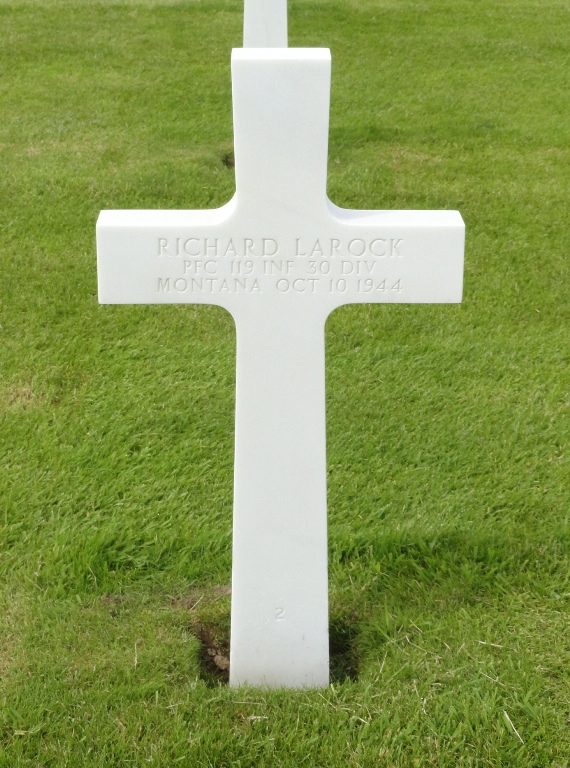

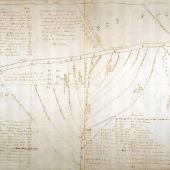
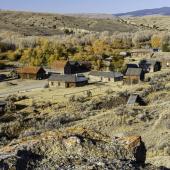


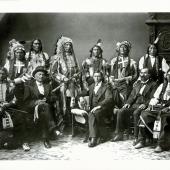


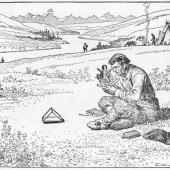
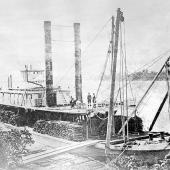


Leave a Comment Here